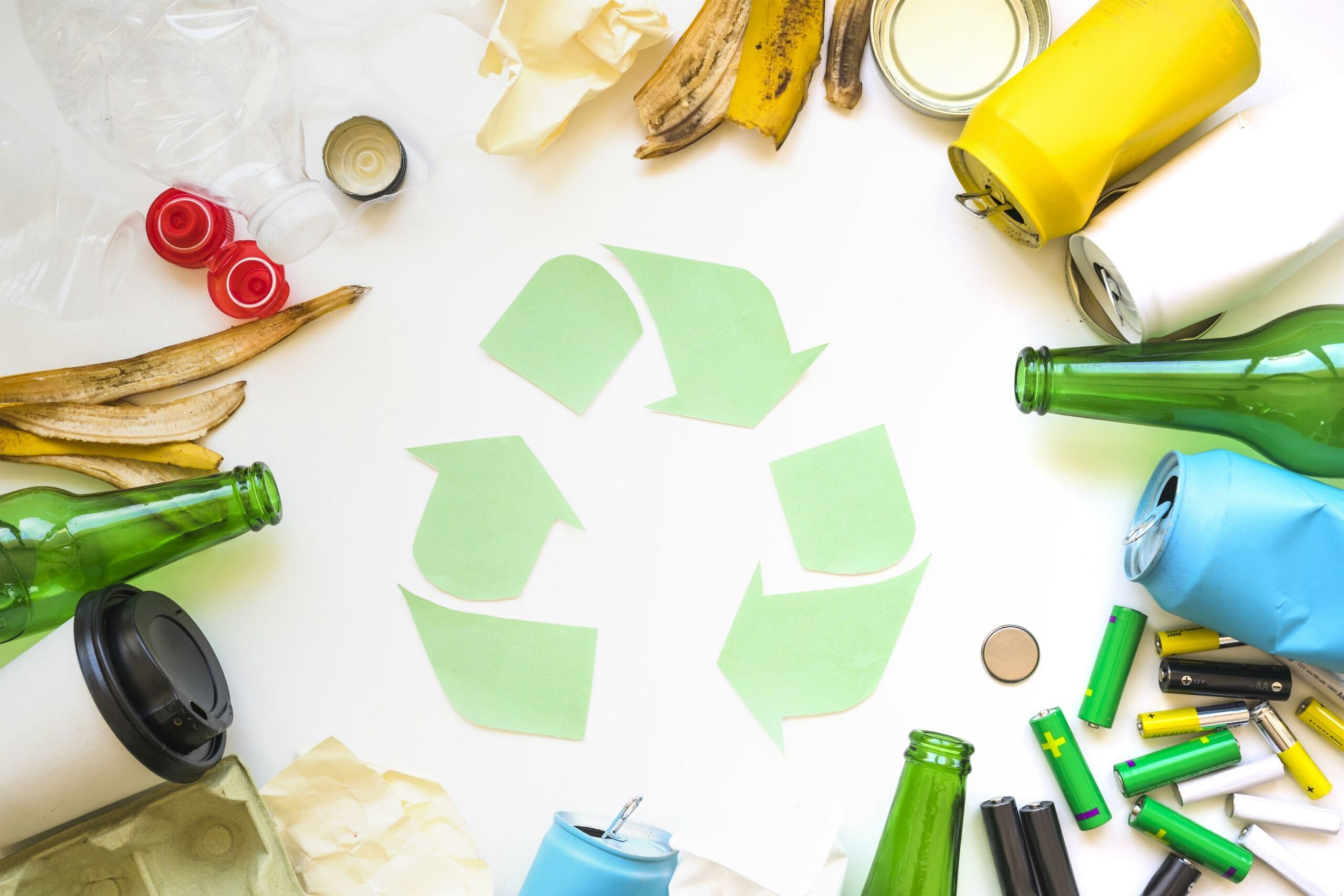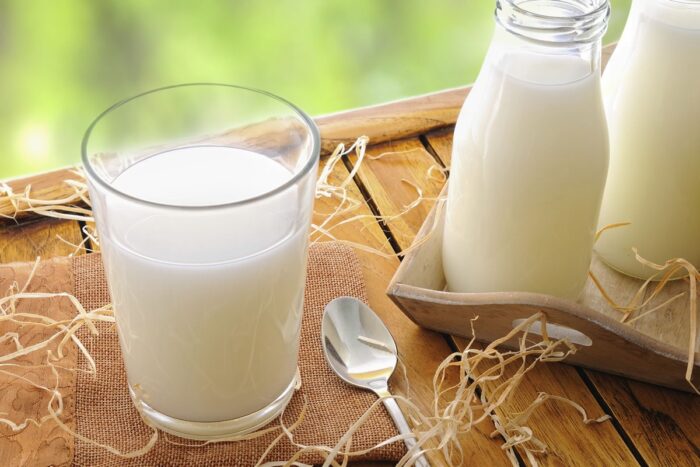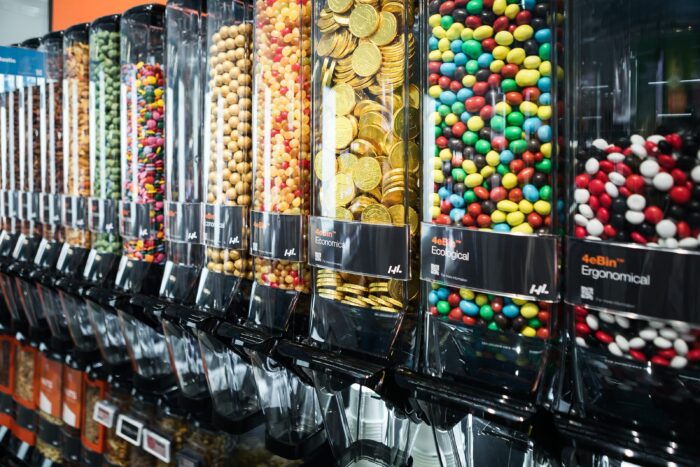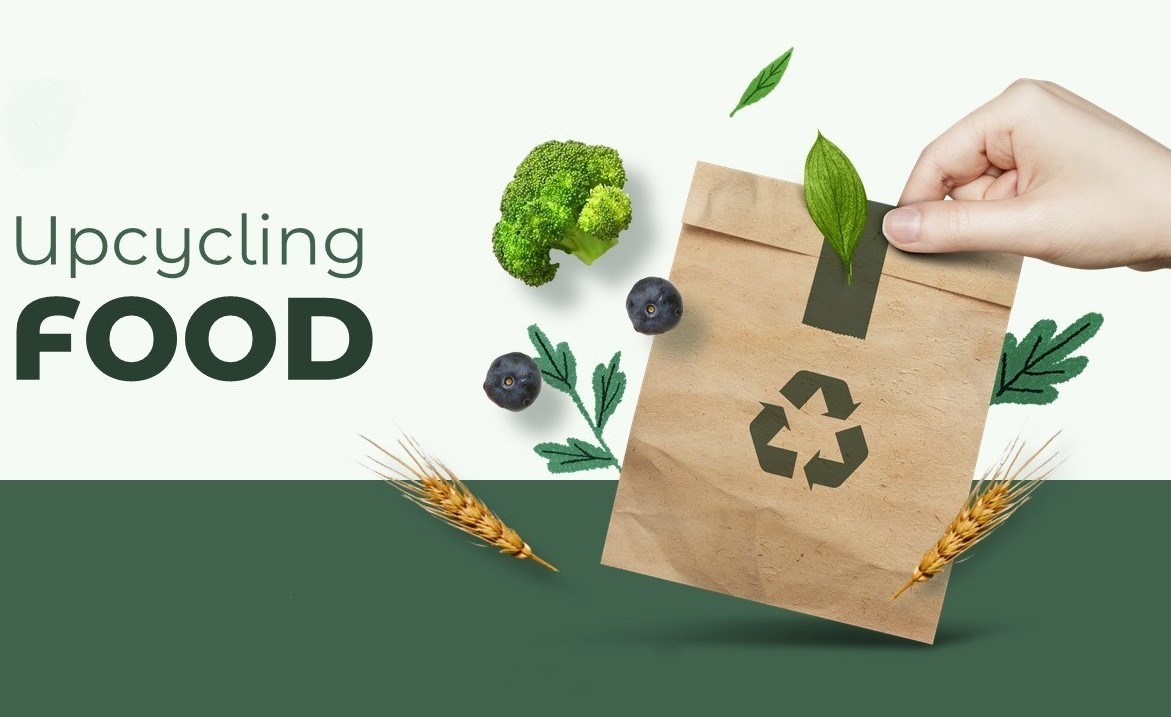
Our pantries pile high with nonperishables while refrigerators bustle with an ever-revolving stock of fresh foods. Yet convenience comes at a price beyond the grocery tab.
From farms to processing plants onward, our sustenance takes a circuitous route, and those mountains of plastic, glass, and packaging waste accumulate with each weekly shop.
Thankfully, a smarter approach is taking shape, one that realigns home provisions back to local community taps while treading gently environmentally.
Stocking Up, Lightening Footprint: The Community Grocer

Gone are the days of loading a gas guzzler with groceries that crisscrossed counties and countries. Today’s community grocers are neighborhood-focused by design.
Specialty goods like farm-fresh dairy arrive from just over the hill. Seasonal produce is cultivated in backyard city gardens and urban vertical farms.
Responsibly harvested dry goods make their way from regional providers practicing regenerative agriculture, and the traditional butcher, baker, fishmonger, and cheese maker occupy revived Main Street storefronts once more.
Best of all, delivery services and low-waste shopping options bring essentials straight to your door by bike or electric vehicle. With shorter distances and conscientious sourcing, re-localized provisioning sustains both health and the planet.
Refilling and Reusing: Creative Approaches for an Unpackaged Pantry

A peek inside modern cupboards reveals the sheer quantity of packaging we take for granted, but sustainable homes now skip the multilayered wrappers and single-use pouches in clever new ways.
Gravity bins filled with dry bulk foods allow DIY measuring into reusable containers brought from home. Other neighborhood grocers feature a “zero waste” section stocking pastas, grains, nuts, dried fruit, spices, oils and more selected straight from bulk into glass jars or canvas bags.
For non-food items like laundry detergent and soap, consumers can get refillable cleaning product tablets to dissolve in water at home. With mindful planning, pantries stay well-stocked while slashing waste generation.
Raising a Glass to Responsible Beverages
Beverages boost everything from early morning moods to children’s growing bones, yet traditional production methods fall flat environmentally. Juices come laden in plastic while dairy milk gets packaged then transported cross-country.
And let’s not mention the water wasted and pollution generated cultivating our beloved caffeine crops. Thankfully, a sustainability shift is stirring across specialty drink makers. Locally pressed juices arrive bottled in glass with reusable stopper caps. Small regional dairies provide fresh whole milk via returnable bottles.
Fair trade rainforest alliance coffees and teas source grounds and leaves in ethical partnership with growers and for tap-sourced hydration minus plastic waste, some urban homes opt for fresh spring water delivery dispensers, provided by a company like Alive Water. Through mindful sourcing, sipping sustainably scarcely requires sacrifice.
Circular Food Systems: Eliminating Waste Where None Should Exist

Even the most efficient household generates inevitable food leftovers and scraps – substances once carelessly trashed. But innovative communities are developing localized circular food systems that extract value from alleged waste.
Renewable biogas captured from sewage sludge and food scraps powers municipal garbage trucks and heating systems. Compost piles reduce household organics into nutrient-rich soil amendments for gardens and farms.
Misfit produce gets rescued by grocery delivery apps connecting excess harvest with hungry families and community fridges stationed around neighborhoods offer a freely accessible rotating stock of foods for anyone facing hunger. Once considered the endpoint, thoughtful management transforms leftover foods into incredible resources.
Conclusion
Rethinking how our households secure life’s most basic provisions is an everyday necessity as communities swell, and environmental consciousness grows. The local grocer, the bulk food refiller, the beverage artisan; by supporting these small providers over sprawling supermarket chains we simultaneously invigorate neighborhoods, forge human connections, and heal the planet through simpler more responsible living.














